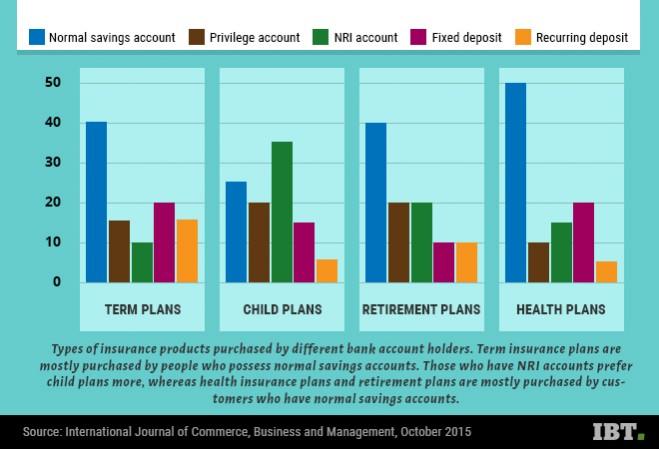
Public sector bank employees with a lackadaisical attitude towards recovering loans beyond set quarterly targets will need to rethink their plans if latest draft guidelines from the government are any indication.
According to the draft guidelines, bank employees may not get stock options as their employers will need to first improve their financial performance before becoming eligible to issue the incentives, an Economic Times report said on Monday.
ET had reported in February that the Banks Board Bureau had made the suggestion to the finance ministry.
The proposed rules were issued by the finance ministry to heads of five state-run lenders -- State Bank of India, Punjab National Bank, Canara Bank, Bank of Baroda and Bank of India. They stipulate that to grant ESOPs for a particular financial year, banks need to have a minimum provision coverage ratio -- a measure of the funds set aside by banks to cover bad loans -- of 65 percent as on March 31 and net non-performing assets (NPAs) shouldn't be more than 35 percent of net worth.
The scheme is planned to come into force in 2017-18, the ET report said, adding that it has a copy of the draft guidelines sent by the ministry to the five bank heads in April for their views.
However, all save two of the 21 state-run banks have a provision coverage ratio that's less than 65 percent. The exceptions are State Bank of India (65.95 percent) and Bank of Baroda (66.83 percent), according to data compiled by the ET Intelligence Group (ETIG).
According to ETIG data quoted by the report, NPAs exceed 35 percent of the net worth for all the 21 banks, according to ETIG data. This means that the ESOP scheme, which could impact about 800,000 people, cannot fly unless the qualifying thresholds are modified.
"As of today, I am not sure if many banks can fulfil this criterion but this is the direction banks should take by making adequate provisioning," former Bank of Baroda Chairman MD Mallya told ET.
About a decade ago, the Reserve Bank of India (RBI) had said banks needed a minimum provision coverage ratio of 70 percent, Mallya said. However, this was later relaxed and it was left to individual banks to decide their provision coverage.
The scheme is to be open for five years from the start date decided by the respective bank, as per the draft guidelines. All permanent employees in Scale IV and above (including whole-time directors) will be eligible for ESOPs. The eligibility can be extended to Scale III at the discretion of the committee of directors.
This is the first time that ESOPs have been proposed at public sector banks, ET said.
India is currently in the midst of a concerted effort to resolve bad loan burden of banks that looms as a threat to the country's economy. Given the current status of balance sheets and the possibility of increase in slippages, the smaller banks especially may not be able to meet the conditions for several quarters, Siddharth Purohit, senior equity research analyst, banking, Angel Broking.
















